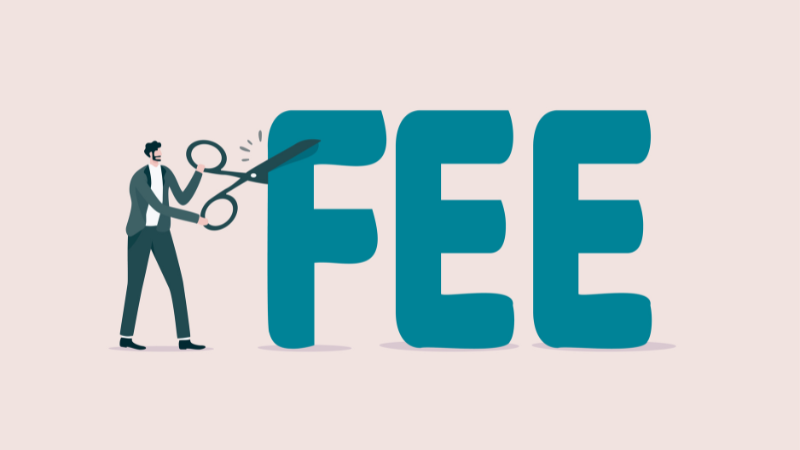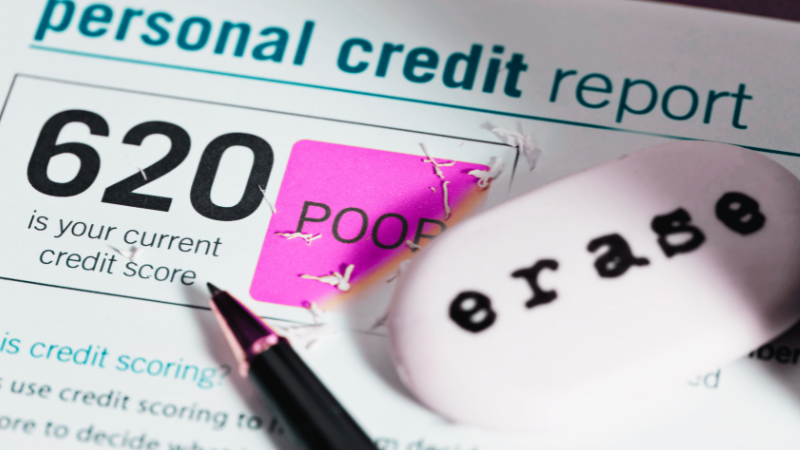Early Exit Fee Mortgage


Are you considering paying off the balance on your mortgage, remortgaging with a different lender, or transferring the loan to a different property and wondering how much it will cost?
Knowing how much it can cost to end a mortgage before the agreed term ends is vital for making informed decisions.
Here is everything you need to know about early mortgage exit fees.
What is An Early Exit Mortgage Fee?
An early exit fee mortgage is an administration charge that lenders impose when you pay off your mortgage before the agreed term ends.
You’ll likely face an early exit fee when you remortgage to a new lender, move houses, and port your mortgage or make overpayments to clear your balance early.
Lenders may refer to an early exit fee in various names, including closure fees, repayment administration fees, discharge fees, or deeds release fees.
The payment usually covers the administration costs of closing your mortgage account, including releasing deeds and updating records.
Previously, mortgage lenders typically held the property title deeds and placed a legal charge against your house until you repay the debt.
The exit fee covered the costs of removing the charge and sending the deeds to your solicitor or new lender, hence the ‘deeds release fee.’
How Much is An Early Exit Fee?
Early exit fees differ among lenders, ranging from £50 to £300. Some lenders don’t charge exit fees for new applicants, while others include it as part of the administration fee.
They can refer to it as an account fee and charge you upfront at the beginning of the mortgage instead of waiting until your exit.
Ensure you review your terms when comparing options and consider the impact of the exit fees when deciding whether to remortgage and switch providers before the end of your deal.
If your current lender charges exit fees, you must determine whether the benefits of moving to a new lender, such as low monthly payments, outweigh how much you’ll pay when leaving.
Some older mortgage deals may feature higher fees, so check your mortgage agreement if you’re unsure about what you might pay.
When Will You Pay a Mortgage Exit Fee?
Generally, you’ll pay an early exit fee anytime you close the mortgage account with your current lender. This can happen in scenarios like:
- The End of Your Term – When you make your final payment at the end of your agreed mortgage term, the lender will formally charge the exit fee to close the account.
- When Remortgaging – If you decide to switch to a new lender before your current mortgage term ends, you must pay the exit fee to close the old account before opening a new one.
- When Selling Your Property – If you sell your house and use the proceeds to repay your mortgage, the lender can apply the exit fee as part of the settlement process.
An early repayment charge can cost you more than an exit fee, depending on the lender’s terms and when you pay off the mortgage
Is the Mortgage Exit Fee Similar to an Early Repayment Charge?
No. Mortgage exit fees differ from early repayment charges (ERCs). You’ll normally pay an ERC when leaving a particular interest rate deal before the agreed term ends.
This can be a fixed-rate, tracker, or discounted mortgage deal, and the charge usually applies during the tie-in period because of breaking the agreement.
An early repayment charge can cost you more than an exit fee, depending on the lender’s terms and when you pay off the mortgage. Lenders usually charge ERCs as a percentage of the outstanding mortgage amount, ranging from 1% to 5%.
For example, assume you have a £200,000 mortgage on a 5-year fixed deal with an ERC of 2%.
If you want to remortgage and move to a different lender after 2 years, your current lender will charge you £4,000 (2% x 200,000) for switching before the agreed term ends. If the lender has an exit fee, they’ll include it in the total amount.
Some lenders charge ERCs on a sliding scale, where the percentage decreases over time. For example, the lender may charge 5% in the first year, 4% in the second, 3% in the third, and so on until the tie-in period ends.
Others don’t charge ERCs in every scenario, so ensure you review the specifics of your agreement when considering a switch or ask the lender directly.
Related reading:

How Can You Avoid Mortgage Exit Fees?
The mortgage exit fee is generally unavoidable unless your lender doesn’t impose it.
Even if you choose to ride out the mortgage term to the very end, they can still charge the fee as an admin expense to close your mortgage account.
However, there are various strategies you can use to reduce their impact. These include:
- Confirming the fee before entering an agreement – Ask potential lenders about their exit fee when shopping for a mortgage. This can give you a clearer picture of how much it will cost to close the account in the future.
- Avoid frequent switching – Remortgaging too often will result in repeated exit fees, which can pile up and outweigh the benefits of changing lenders. Ensure you compare the benefits of new deals with the cost of the fees associated with leaving the current lender.
- Negotiate with your lender – Although it’s not guaranteed, you can try negotiating with the provider, especially if you’ve been a long-term customer and your repayment history is excellent. Sometimes, the lender may be willing to reduce the exit fee or waive it altogether.
Can You Get Overcharged?
In the past, there were cases of customers facing higher exit fees than expected, but a Statement of Good Practice from the Financial Services Authority (FSA) helped prevent such increases. Following the statement, lenders agreed to charge an exit fee that can’t vary during your mortgage term.
The fee should also reflect the admin costs of an exit, and any variations should be explained from the outset. If a lender charges you a higher exit fee than what is stated on your contract, you’re allowed to ask for a refund.
Call us today on 03330 90 60 30 or contact us to speak to one of our friendly advisors.
Final Thoughts
Understanding all the fees associated with a mortgage, including exit fees, is essential to make informed decisions in your house-buying journey.
Always ask potential lenders about all the fees involved and incorporate the services of a mortgage broker who can guide you through the process and ensure nothing sneaks up on you.
Sources and References
- https://www.fca.org.uk/news/press-releases/mortgage-exit-administration-fees-meafs-update
















